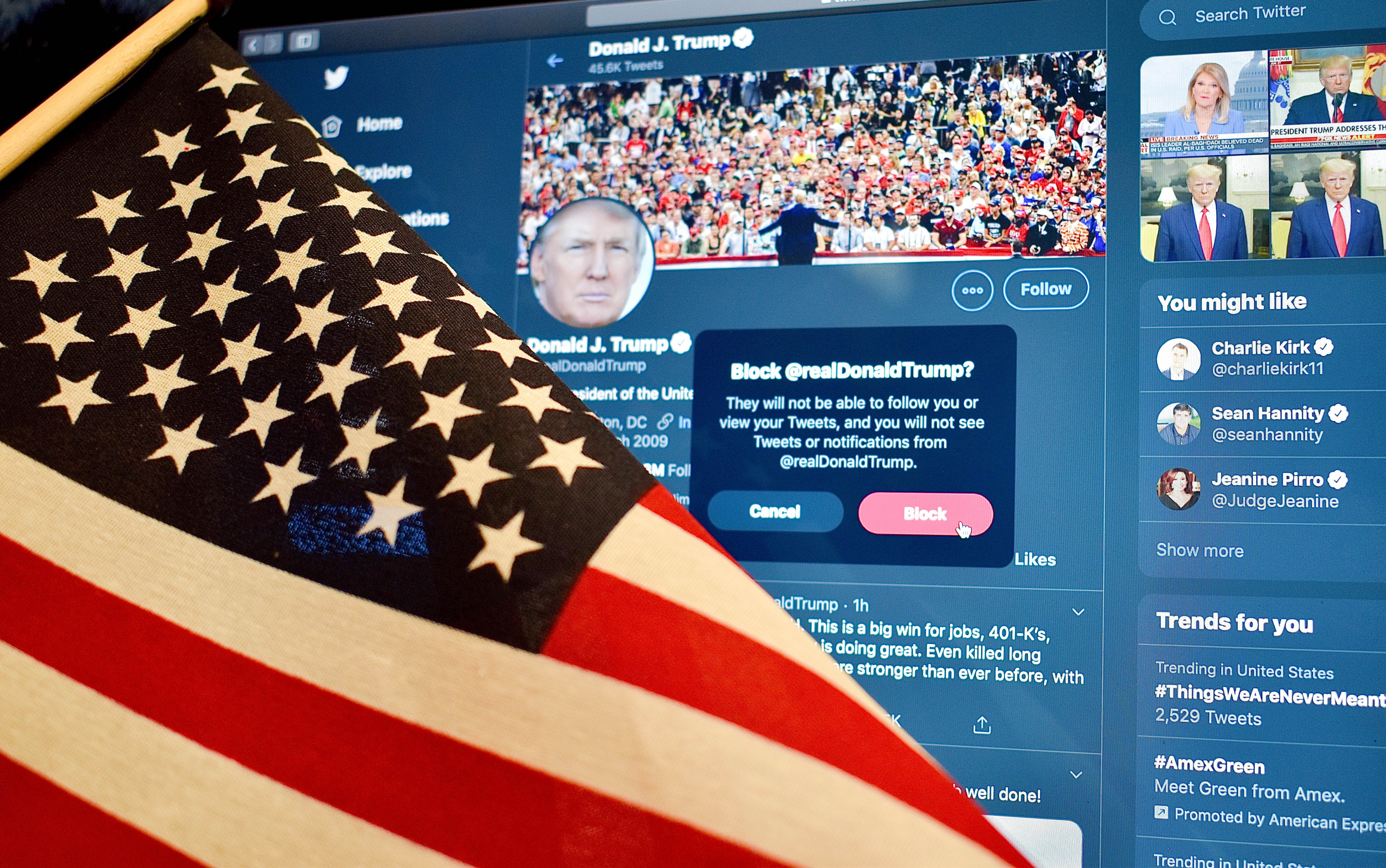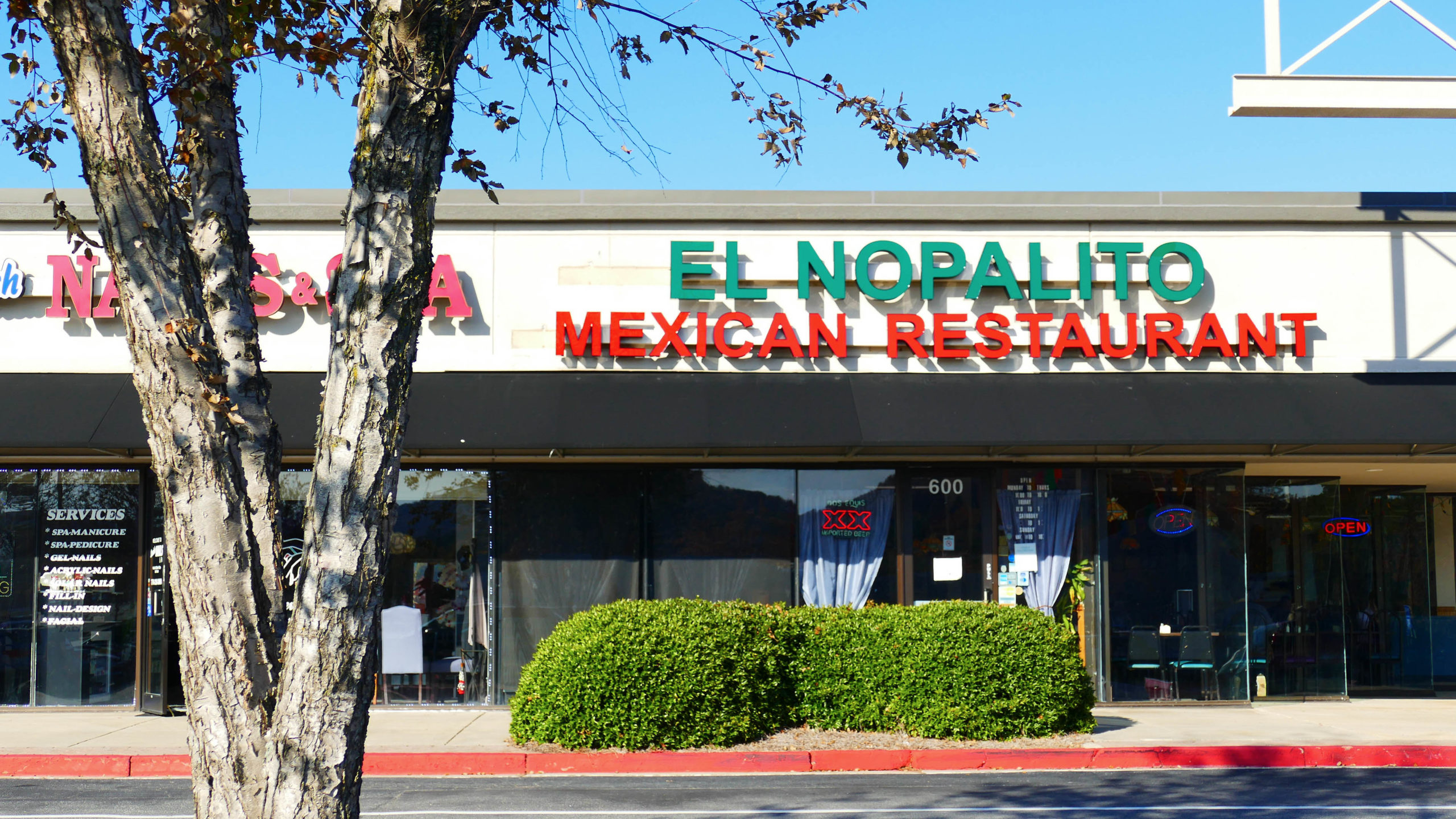President Donald Trump has famously blocked people who disagree with him on Twitter. According to WIRED, the list of those blocked includes novelist Stephen King, the non-profit organization “Voter Vets,” Jimmy Kimmel LIVE writer Bless Kalb and many more. Trump should not be allowed to block people on social media because it prevents the public from being informed and censors free speech.
While Trump blocks people from his personal account instead of his official presidential account on Twitter, Trump still posts exclusively from the presidential perspective — a perspective that should never be hidden from those who disagree.
On Sept. 24, the hashtag #TrumpUnblockElijah was trending on Twitter, demanding Trump to unblock popular YouTuber Elijah Daniel, according to the Independent. Though seen as silly by some, others saw the block as a legitimately troublesome action for the president to take.
Trump uses his twitter handle @RealDonaldTrump as an outlet for both personal and political tweets — blocking a constituent from seeing those tweets and engaging in discourse infringes on their ability to utilize their freedom of speech.
Trump uses the account to take actions that can be taken only by the president, according to Senior U.S. District Judge Naomi Buchwald.
This is exemplified by the update Trump tweeted about safe zones in Turkey on Wednesday, Oct. 23. By blocking followers from seeing this tweet, he creates a barrier between citizens and essential updates on current events.
A public figure blocking critics on Twitter could also be considered a form of censorship and limiting free speech. On July 9, the second U.S. Circuit Court of Appeals concluded that public figures are not allowed to exclude people on social media from “otherwise-open online dialogue because they expressed views with which the official disagrees,” according to CNN.
“[Trump] uses social media to make official public announcements,” junior education major Sam Kurtz said. “Those he blocks are unable to see them. Also, it is unconstitutional for officials to block any person who disagrees with a public official on their official accounts.”
The advent of social media, as well as official’s usage of the platforms, has forced courts and officials to interpret the constitution with social media in mind. The Washington Post reported that the U.S. Court of Appeals for the fourth Circuit determined that it is against the First Amendment for public officials to block people on social media.
This issue extends further than just Trump. Minneapolis City Council member Alondra Cano blocked a journalist who wrote an article criticizing her, according to Governing.com. Meanwhile, former Washington State Senator Michael Baumgartner ironically blocked a journalist after being asked questions about his thoughts on blocking people.
As social media continues to evolve, new rules will have to keep being written to ensure citizens’ rights are protected on the internet. Trump and other politicians should be forbidden from blocking followers on social media.


